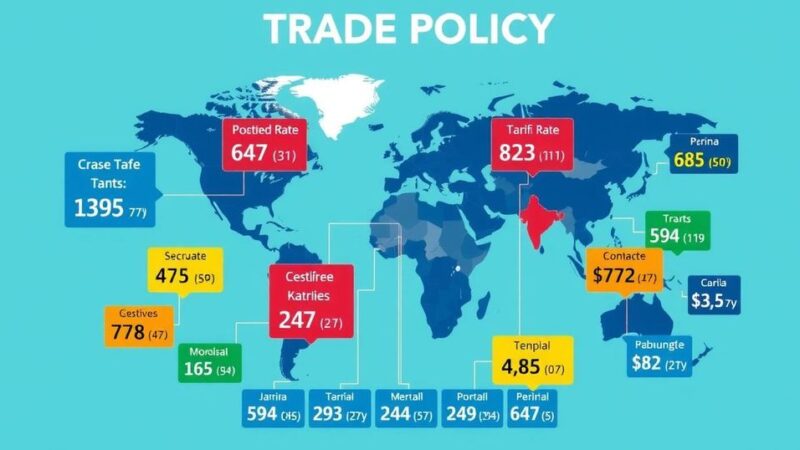Brazil’s government plans to exempt monthly earners up to 5,000 reais from income tax, compensating for the fiscal impact with new taxes on high earners and dividends sent abroad. This initiative is crucial for President Lula’s popularity recovery. The proposal will require Congressional approval and aims to be fiscally neutral, reflecting tax justice efforts.
The Brazilian government has recently introduced a comprehensive plan to exempt individuals earning up to 5,000 reais (approximately $881.27) monthly from income tax, intending to offset the fiscal impact through taxation on high earners and profits sent abroad. This initiative, promised by President Luiz Inacio Lula da Silva during his campaign, is critical in improving the president’s faltering popularity amid declining approval ratings.
In summary, Brazil’s plan to raise income tax exemptions aims to support the middle class while imposing new taxes on wealthier individuals and foreign dividends. Although its success depends on Congressional approval, the government maintains that it remains fiscally neutral. The measures reflect a commitment to tax justice amidst efforts to improve Brazil’s economic landscape ahead of upcoming elections.
Original Source: www.marketscreener.com






